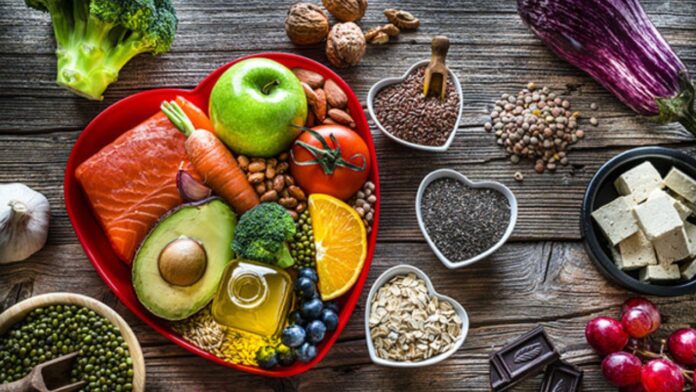A typical monsoon season in India brings both joys and challenges. While enjoying a cup of chai by the window as you watch the rain can be quite delightful, the humidity and fluctuating temperatures can weaken your immunity. To stay healthy during this season, it’s wise to avoid certain foods.
Leafy Greens and Vegetables
Avoid leafy greens such as spinach, cabbage, lettuce, and bok choy during the monsoon. These vegetables have high water content, and the humid conditions make them prone to bacterial and fungal growth, which can lead to stomach infections.
Root Vegetables
Root vegetables like onions, carrots, and potatoes are common in many diets. However, they absorb a lot of moisture from the soil, making them susceptible to bacterial growth. To safely consume root vegetables during the monsoon, ensure they are thoroughly boiled or cooked. Avoid eating them raw, such as in salads.
Seafood
Seafood like fish and prawns, though available year-round, are more exposed to pathogens and bacteria during the monsoon. The heightened presence of these contaminants in freshwater bodies increases the risk of illness for those consuming seafood.
Additional Considerations
Items like curd, which are typically consumed cold and have high water content, can cause discomfort for those prone to migraines or sinus issues. It’s also advisable to reduce the intake of melons, cucumbers, and brinjals during the rainy season to avoid digestive issues.

 हिंदी
हिंदी






